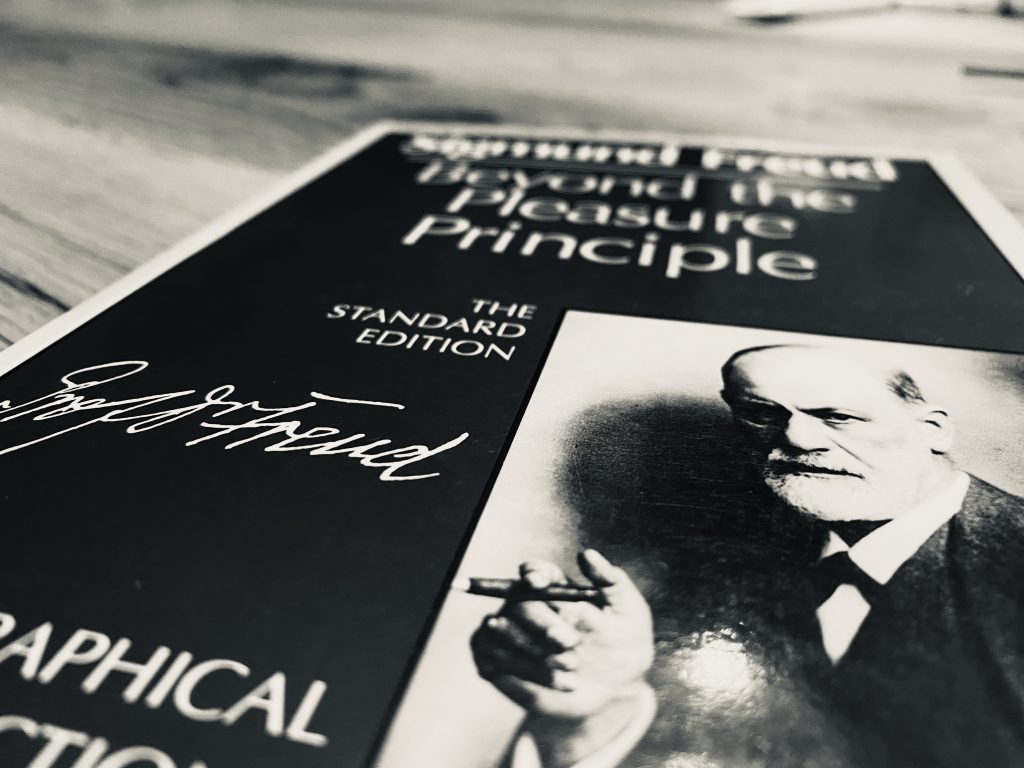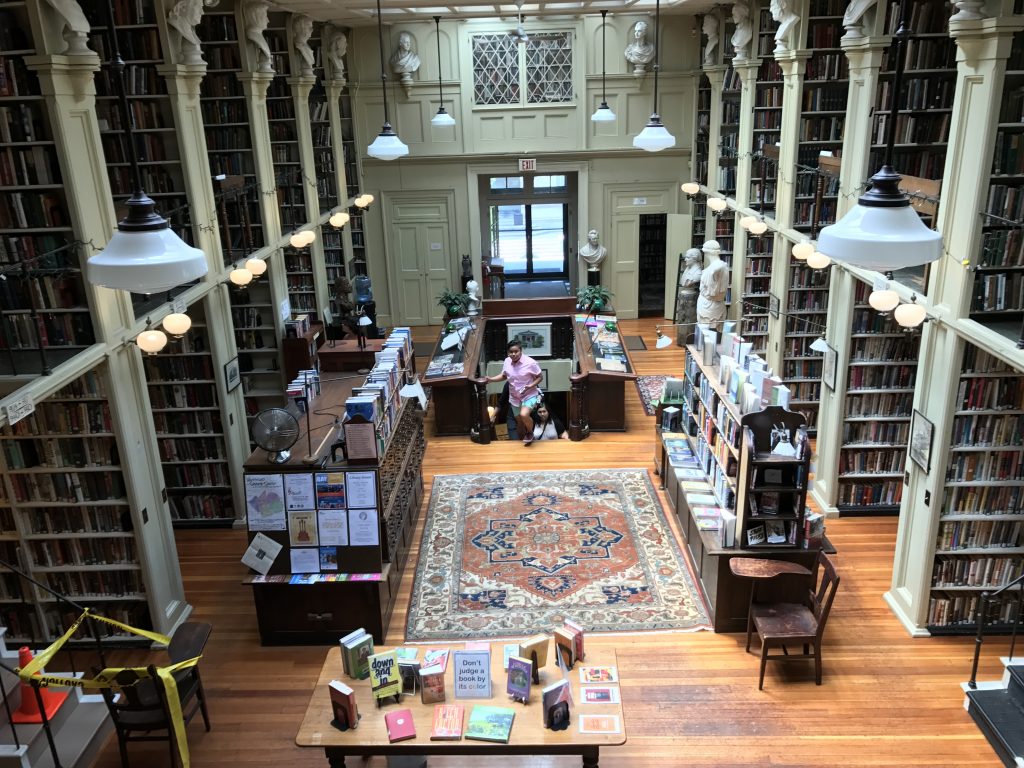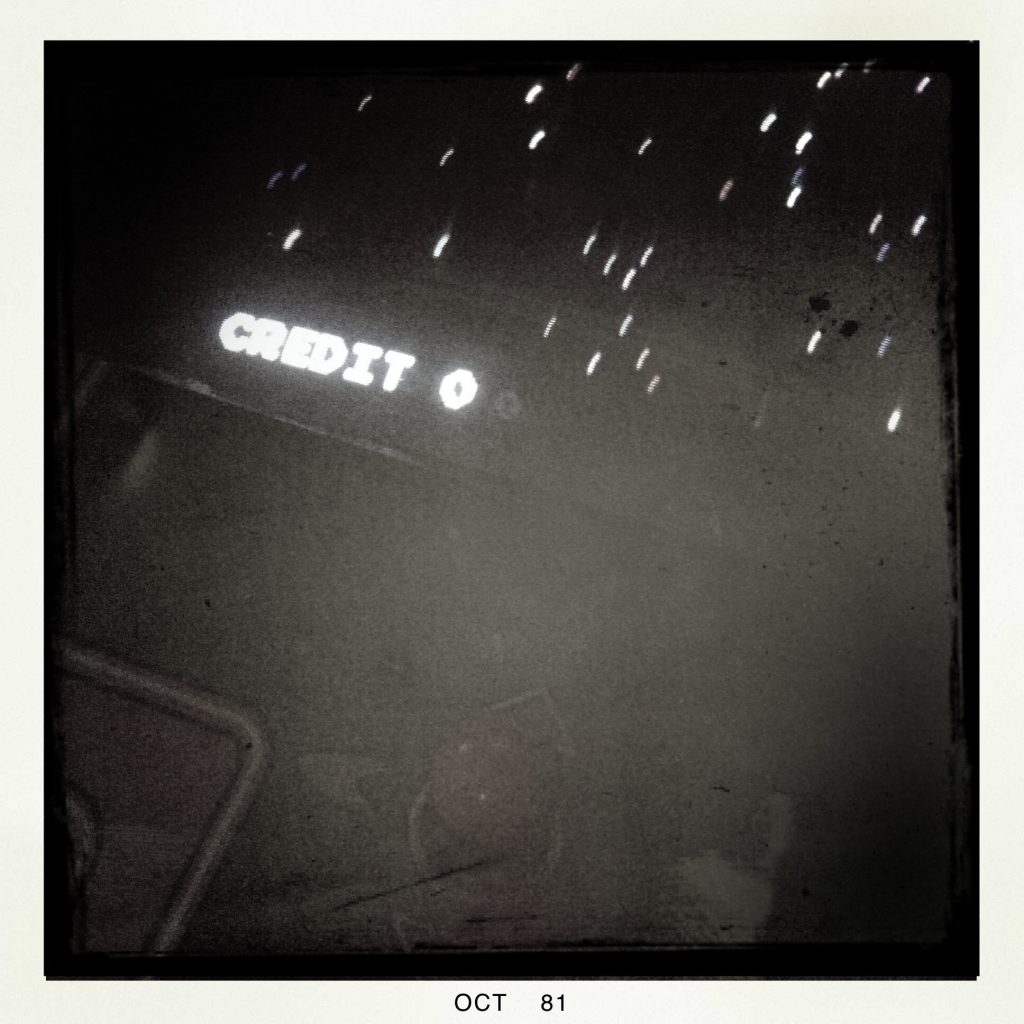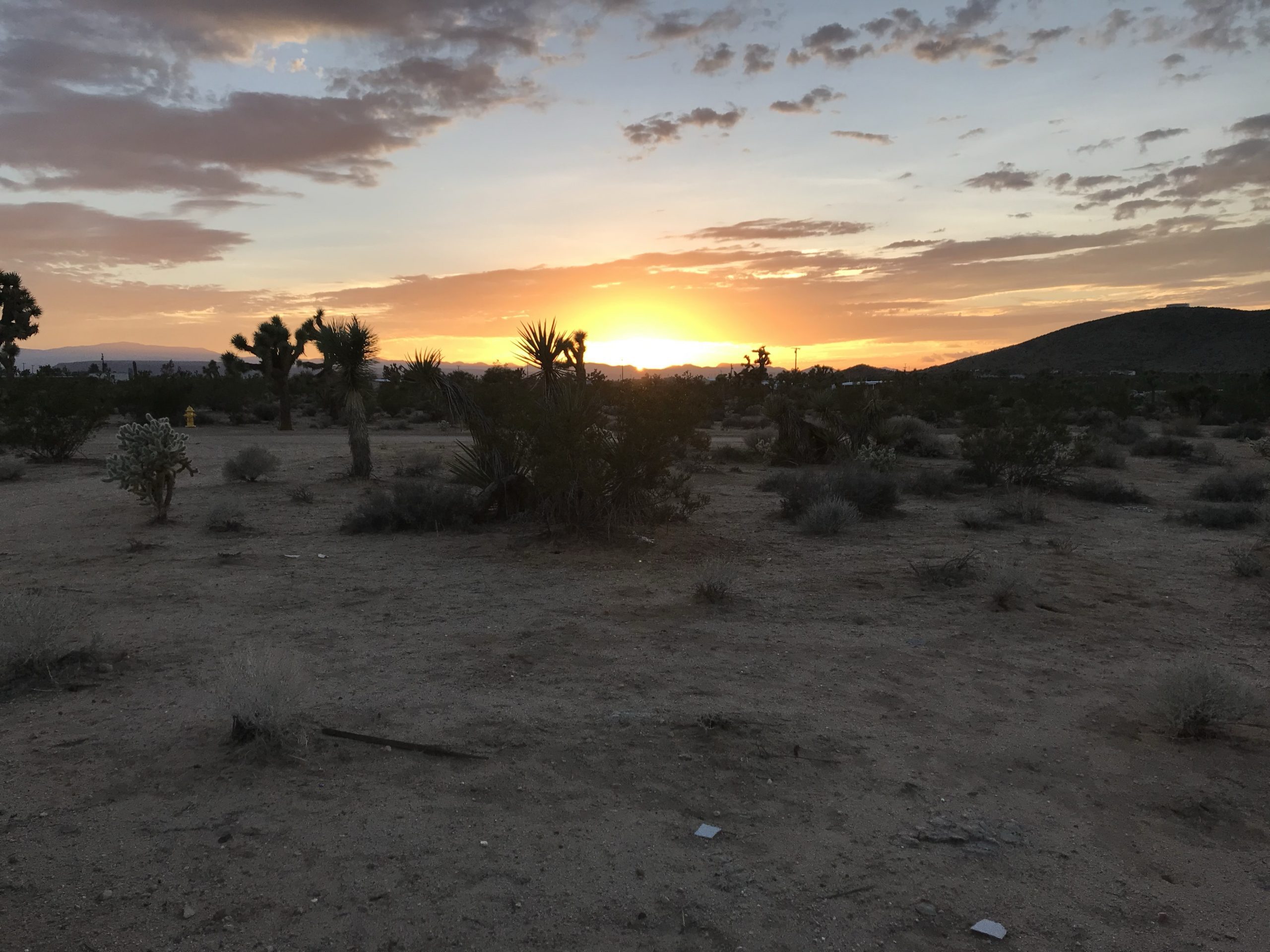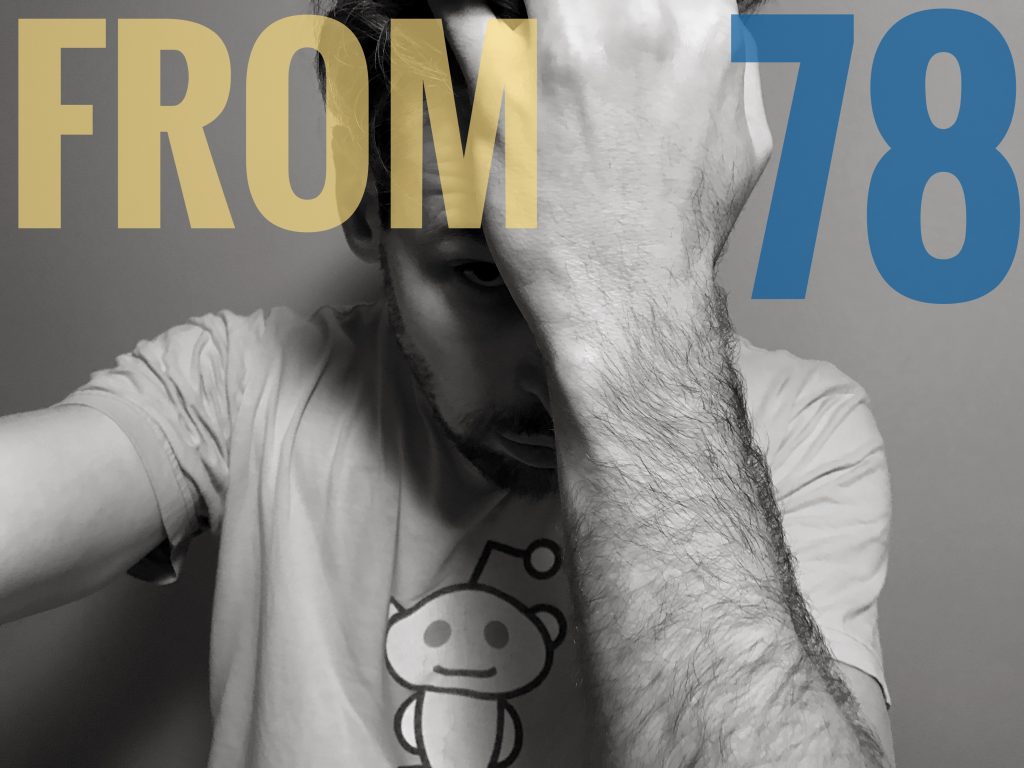I hear people using the term “calling out” a lot as of late.
When I hear people using the term I think about the difference between the subject of the statement and the subject of the enunciation.
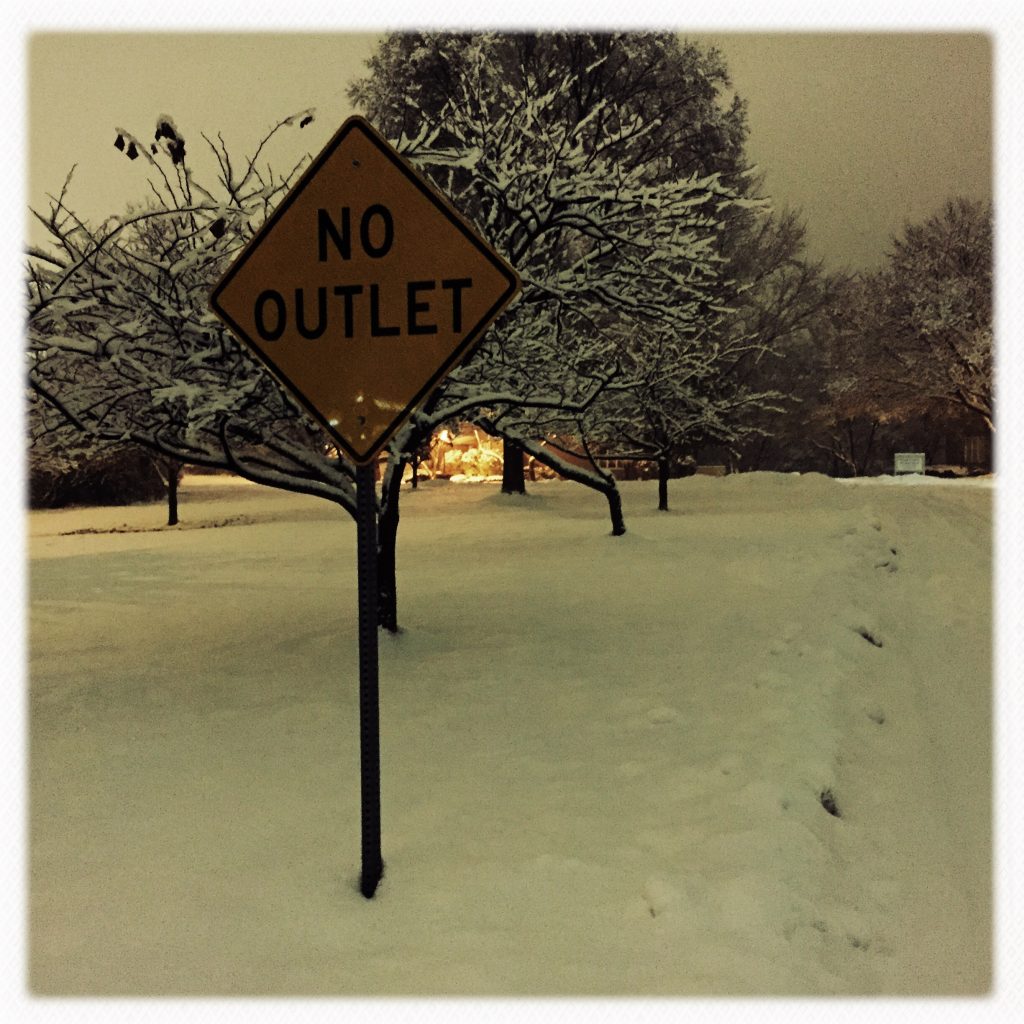
The subject of the statement is what people consciously mean, or, to put it another way, what they think they mean when they say something. The subject of the statement is the explicit words that are used.
Psychoanalysis tends to see the statements that people make as suspect. Some (many?) statements say more than the speaker intends. This is where the subject of the enunciation comes in.
The subject of the enunciation is the presence of unconscious desires in what is said and how it is said. The subject of the enunciation is the implicit absent-presence in the words that are used and how these words are used.
Here is an example:
Someone says, “I’m fine.” That’s a statement, but how the person say these two words matters. The enunciation of these two words could be “I don’t want to talk now,” or “I’m doing very bad but don’t want to talk about it now,” or any other number of things.
When people say they called someone out I notice that there tends to be a daily large gap between these statement and the enunciation.
The statement is that they person made someone aware of something about themselves, ostensively so this person could somehow better him/her self.
The enunciation seems to bet that I (unconsciously) desired to make this person feel guilt, shame, or embarrassment. Sometimes it is a (unconscious) desire to bait someone and pick a fight with them.
Either way, I think we should all be more suspicious of our own motives when we feel compelled to “call out” anyone.
